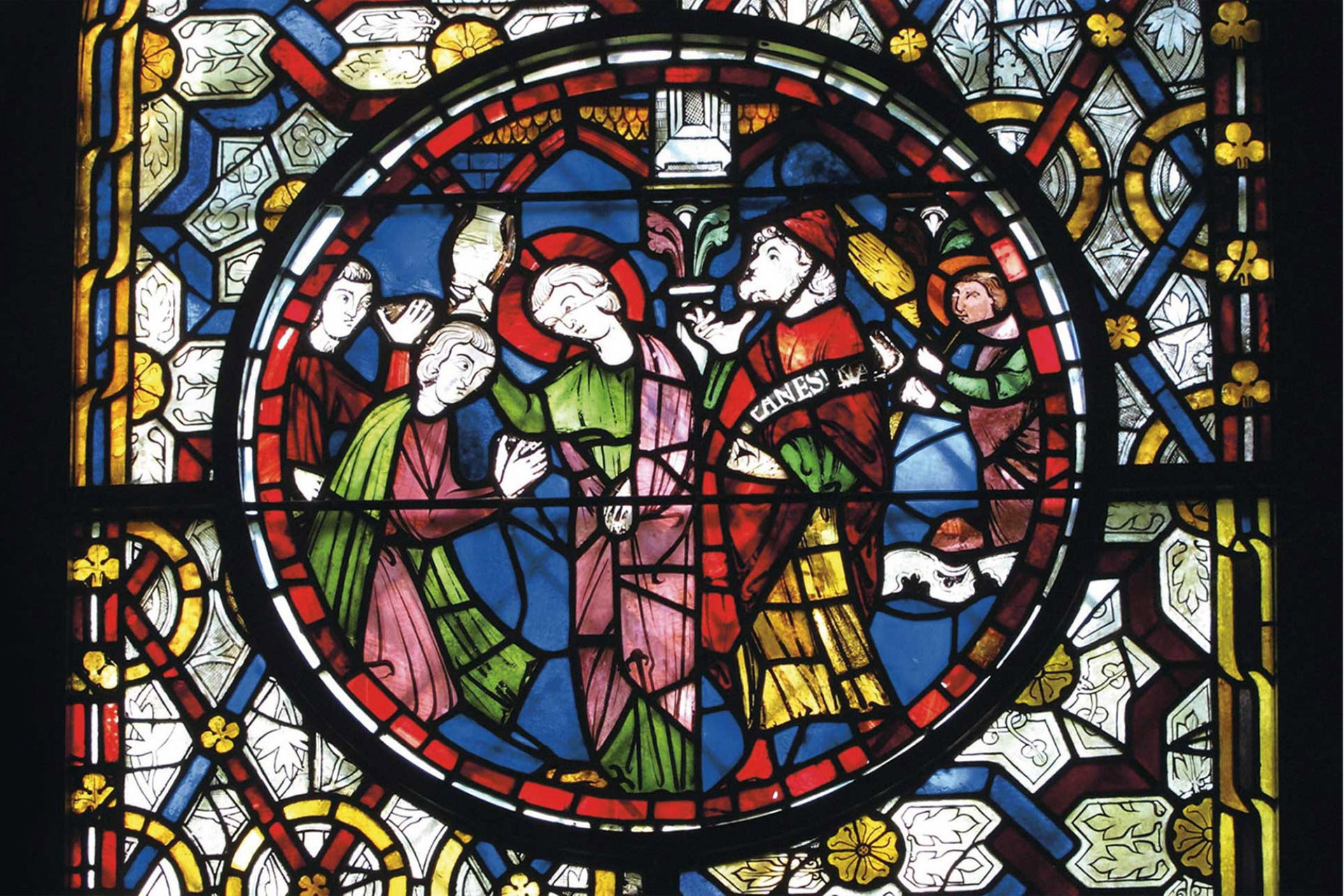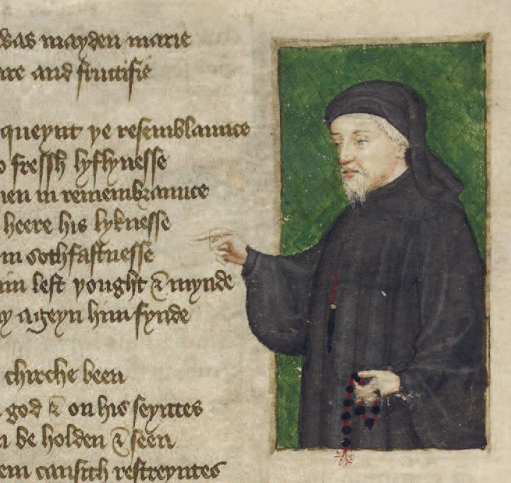MEMS and The School of English at the University of Kent are delighted to announce this year’s Chaucer Lecture by Professor David Wallace, Judith Rodin Professor of English at the University of Pennsylvania.
Entitled, Sacrifice Your Daughter, But Not Your Sons: Horrible History in Chaucer and the Book of Judges, the lecture will take place on Thursday, 29th November at 6.00pm in The Guildhall, Westgate, Canterbury CT1 2DB.
This is a public lecture – all are welcome and it is free to attend, although we would ask you to register your interest at the Eventbrite page.
Lecture abstract
Three children are appointed to be sacrificed by their fathers in the Bible, and two are spared. The one not spared is female, and has no name: she is remembered only as the daughter of Jephthah the Gileadite. Christian interpreters, such as St Augustine, struggled long and hard over hundreds of years to wring sense from this harsh tale. Chaucer, too, became fascinated by story of Jephthah’s ill-fated daughter, and the wider phenomenon of horrible history: can a tale be so sad, so unregenerate, that it makes you sick? Ironically, and typically, Chaucer assigns this episode in his Canterbury Tales to a physician, a man tasked to cure people (rather than, as Chaucer’s physician threatens to do, to bring on heart attack). But would Chaucer really experiment with bad storytelling? I will argue yes. And can anything like a happy ending be found for Jephthah’s nameless daughter, a tale much discussed by feminist theology? Again, I will argue yes– although the help that Christian interpreters desperately need will come from a most unexpected direction.

